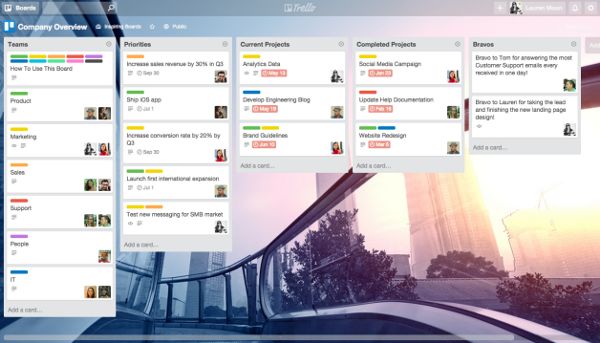The Perils of Hallway Decisions and 4 Ways to Banish Them
Suddenly you hear about a decision that directly impacts you but was made without your input, which means the decision was made without some key information. Or even if that’s not the case, you’re still left wondering exactly how and when the decision got made and before you know it, you’re stewing.
Hallway decisions such as these, when they happen occasionally, can be frustrating. When they happen regularly, they undermine an employee’s sense of agency and have a huge, negative impact on engagement and morale. In the long-term, they’re a surefire way to get people updating their CV, and looking out for what’s next.
Perhaps most worrying, though, is just how easy it is for hallway decision making to occur, even accidentally. They’re often the result of some impromptu meeting — perhaps you bump into someone in the hallway or whilst at lunch (For Rachel in Friends, it was during smoking breaks!) and you just get to talking. It can also be difficult to keep up with exactly who knows what about a topic that multiple employees are engaged in discussing.

For companies with remote teams, this is especially true. When you work remotely communication around decisions is all the more important, but also more difficult to get right. This is something we know at Fog Creek only too well — having staff spread across the world.
To guard against this happening, we’ve put in place measures that are designed to systemize communication around the decisions we make. Reducing the likelihood of accidental oversights in communication, helping us to improve transparency about decisions and allow for feedback as much as possible. There are 4 main ways we achieve this:

The Company Report board is a Trello board, which everyone in the company is subscribed to.
Designated people, usually team and project leads, provide regular updates about progress and changes. These updates aren’t about the day-to-day minutiae, but are deliberately brief, giving just the top-level detail so that it’s not overwhelming. Updates are fed into a channel in Slack too, so it’s easy to keep up to date.
We also hold a monthly all-hands, Town-Hall style meeting, imaginatively called “Town Hall”. For the most part, top management provides an overview of major activities happening around the organization but nominated team members also demo what they’ve been working on too. Such as showing off new features or prototypes of products. People are encouraged to ask questions, and the discussion about different points often continues on in the #townhall Slack channel afterward too. These meetings are recorded, so everyone can catch up on them even if they were out that day.
As a software company, specs (or functional specifications) have long been part of our product development culture. “No code without spec” is the mantra we’ve followed since before The Joel Test, so all product changes have one. These specs are shared with everybody within the company, and anyone can comment on them. Not everyone needs to provide feedback, but everyone from Sales to Support and Marketing as well as other Engineers, are encouraged to do so. After all, it’s far easier to fix up problems at the design stage, before you’ve begun coding. They’re kept on our internal Wiki as a historical record too.
People are requested to post notes to our #notes channel in Slack about any meeting they have that isn’t a one-to-one. It’s optional, but many do — providing a summary of what was discussed, why, as well any outcomes and points to revisit later.
These measures combine to improve people’s awareness of planning and problems the company is solving. By providing these simple, lightweight ways of communicating what we’re working on and thinking about, they help to ensure no-one is surprised by any announcement. They also provide a mechanism for folks to give feedback and make sure their input is considered before a decision has been made.
Of course, it can still happen from time to time — emails get missed, Slack updates get over-looked, or the detail provided was understood to mean something different. But, for the most part, they help us to maintain transparency and banish hallway decisions to the things we just hear about in comedy show re-runs.

